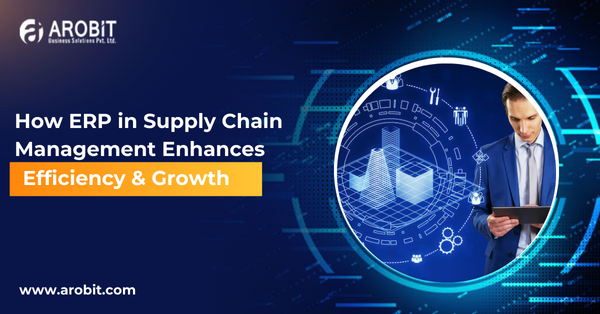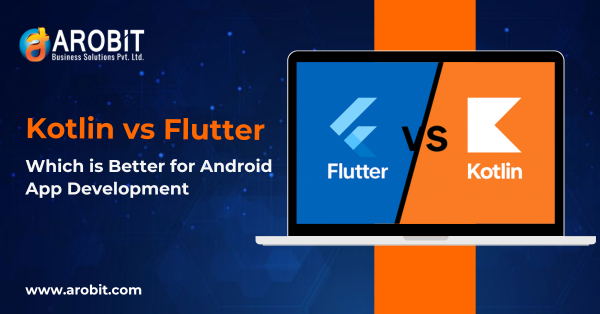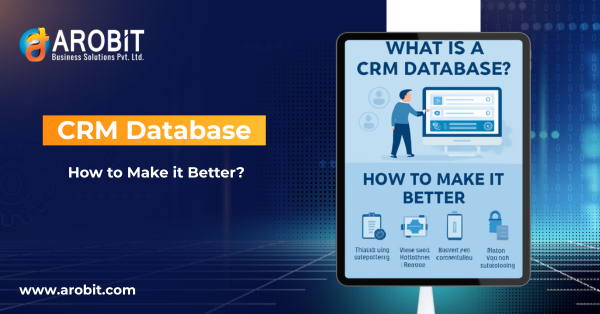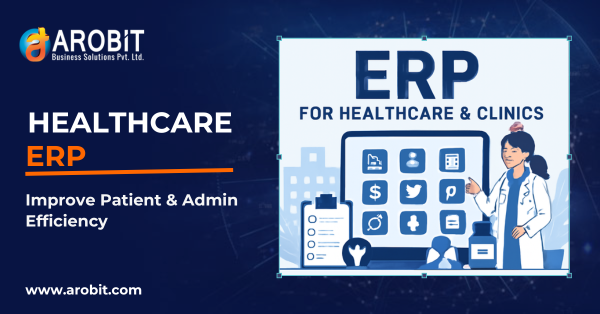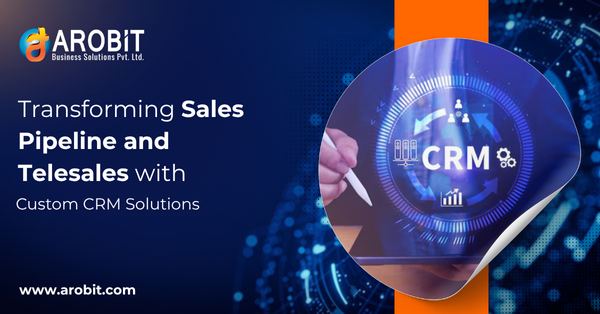Supply chain management has become extremely crucial in today's business sphere. As of 2025, it is assumed around 70% of companies across the globe are investing heavily in digitizing their supply chain operations, with ERP in focus. Effective ERP in supply chain management provides a complete package for consolidation, visibility, and collaboration across different functional areas of the enterprise. Businesses can enhance their efficiency while lowering overall costs and boosting growth by integrating ERP with supply chain management.
Overview of Modern Supply Chain Challenges
The modern supply chain faces a myriad of challenges, among which are the following:
- Complexity and Fragmentation: The number of stakeholders and processes involved in supply chains makes the processes very complex, hence complicating coordination.
- Inefficient Communication: The absence of real-time data exchanges may result in delays and inefficiencies.
- Inaccurate Forecasting: Bad demand forecasting results in stockouts or overstocking.
- High Operational Costs: The manual processes and inefficiencies lead to high operational costs.
ERP in Supply Chain Management
The ERP system attempts to address these challenges by integrating core business processes within a single integrated platform. It integrates operations to run smoothly on procurement, inventory, logistics, and finance, providing real-time visibility and enhanced decision-making capacity.
Integration of Business Processes
The integration of business processes means that ERP simplifies various functions of business and thereby creates a synergy amongst all departments. Here are certain clear-cut ways in which ERP integrates business processes:
- Sharing Data in Real Time: The systems allow real-time data interchange between procurement, inventory, logistics, and the finance department. This real-time data helps decision-making quickly with minimum error margins.
- Workflow Automation: When tasks are automated, ERPs help reduce manual processes, enhancing productivity, and freeing people up to engage in strategic activities.
Real-Time Data Access
This thing that covers real-time visibility into the operations of the supply chain is one of the major advantages of ERP in Supply Chain Management.
- Order Tracking: A business can always follow up with its order from placement to delivery for quicker fulfilment with fewer complaints.
- Disruption Management: Real-time data helps companies respond quickly to supply chain disruptions, thereby minimizing delays and losses.
Improved Forecasting and Planning
ERP systems improve demand forecasts through data-driven insight that optimizes inventory levels and prevents shortages or overstocking. The key benefits include:
- Data-Driven Decisions: ERP analytics provide analytics into historical data and allow businesses to make decisions on an uptrend in the market.
- Inventory Optimization: Request a considerate forecast of demand, and now businesses can lower inventory levels, thus lowering storage costs and increasing customer satisfaction.
Streamlined Procurement
Enterprise resource planning in supply chain management automates supplier interactions, purchase orders, and invoicing processes; hence, it improves supplier relationships and cost efficiencies:
- Automatically Generated Purchase Orders: Reduces manual errors and causes a huge acceleration in procurement systems.
- Supplier Management: ERP systems foster better relations with suppliers through timely payments and the assurance of communicating clearly.
Enhancement of Production Planning
ERP tracks both the availability of raw materials and existing production schedules, thereby ensuring more efficiency in a very low downtime of manufacturing processes:
- Management of raw materials: ERP ensures that raw materials are available when a company needs them, thereby avoiding production delays.
- Production Scheduling: With the integration of production schedules and demand forecasts, ERP is more efficient in production operations.
Efficient Inventory and Warehouse Management
ERP provides real-time stock monitoring for replenishment that minimizes storage costs and maximizes efficiency in warehouse operations:
- Real-time Inventory Tracking: ERP systems ensure the correctness of stock levels, thereby preventing stockouts and overstocking.
- Automated Replenishment: Automatic reorder levels ensure the proper stock level to maintain optimal inventory at all times.
Optimized Logistics and Transportation
An ERP has a critical role to play in freight management, route optimization, and shipment tracking for timely delivery and cost management of logistics:
- Freight Management: It uses ERP systems to optimize costs by selecting the least costly means of transportation.
- Route Optimization: The ERP analyzes traffic patterns and shipment routes to lower the costs and time for delivery.
Financial Management and Compliance
ERP watches supply chain costs while integrating financial transactions for regulatory auditing through automated reports:
- Cost Tracking: ERP provides real-time insight into supply chain costs and helps businesses optimize expenses.
- Compliance Management: Automated financial reporting allows businesses to easily meet regulatory compliance demands.
Major Advantages of ERP Systems in Supply Chain Management
There are many advantages of implementing ERP in supply chain management:
- Cost Reduction: Automation and efficiency result in lower operational costs through waste minimization and resource optimization.
- Improved Customer Service: Faster deliveries and improved inventory control enhance the customer experience and bring higher satisfaction and retention.
- Enhanced Collaboration: Provides effective and efficient coordination among suppliers, manufacturers, and distributors, thereby improving business relationships.
- Scalability and Flexibility: Businesses can grow and adapt supply chain strategies as per market demands, keeping them competitive.
FAQs
Q1. What is ERP in supply chain management?
ERP in supply chain management is the integration of enterprise resource planning systems with supply chain operations for better efficiencies, clearer visibility, and greater collaboration across all business functions.
Q2. What does ERP stand for in logistics?
ERP refers to Enterprise Resource Planning, which is a software system that integrates how businesses handle and manage their logistics along with other business processes.
Q3. What is the best ERP for supply chain management?
The best ERP for supply chain management is determined by specific business needs, such as the needs of SAP, Oracle, and Microsoft Dynamics. The best options, each of them, provide strong features for the quick management of supply chain operations.
Conclusion
The integration of ERP into supply chain management is a strategic decision that can bring value to the segment through enhancing operational efficiency, minimizing costs, and uplifting customer satisfaction. With complex supply chain challenges ahead for businesses, using an ERP can provide a competitive advantage through improved processes, more accurate forecasting, and optimized logistics. Whether you look to find ERP vendors in India or search for an ERP software development company that can create a software solution that exactly meets the needs of your business, embedding ERP in your supply chain is a step towards efficiency and long-lasting growth.
The ERP Supply Chain Management solutions enhance the overall development of businesses in today's ever-evolving arena. With a solid foundation of ERP-SCM, companies can ensure they are fit to face the customer requirements running efficiently. While checking for supply chain ERP solutions or looking for how enterprise resource planning and supply chain management work together, knowing the actual value of ERP enabling the supply chain operation is nevertheless pivotal for the success of any business.

